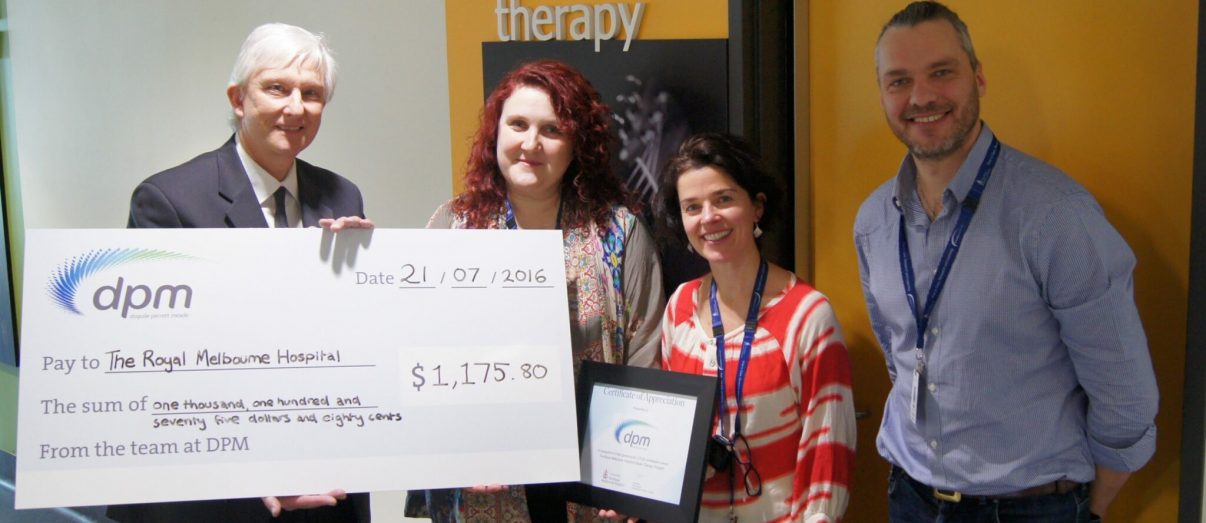Close your eyes for a moment and picture being restricted to four walls of a hospital room for weeks, months, or years on end. You could be battling cancer, recovering from a stroke or fighting an uphill battle against a serious illness. It could be your first trip to hospital, or your latest stint in a long line of visits.
If you or your loved ones have experienced an extended hospital stay, you’ll know that despite the care and kindness provided by the medical team, it can be a rather isolating experience. Being away from home can be distressing and it can be a challenge, even for the most optimistic of us, to stay positive. And it’s often half the battle! Luckily, hospitals like the Royal Melbourne Hospital have put in place initiatives such as Music Therapy to help lift patients’ mood and breathe life into the hospital wards.
What is Music Therapy?
Music Therapy is a research-based practice where music is used to actively support patients as they strive to improve their health, functioning and well being. Recently DPM were lucky enough to visit the impressive Music Therapy Studio and witness first hand the amazing work this team is doing. The philosophy of the program is to meet patients’ needs physically and emotionally, by offering quality of life experiences through music and therapeutic partnerships.
At some point, we’ve all experienced the powerful effect music can have on people. In an instant, it can give you goose bumps or take you back to a cherished moment in time, like it was yesterday. Similarly, Music Therapy sessions can transport patients beyond the hospital walls, if only momentarily. Music can help to provide peace and comfort. Different reactions are to be expected – some patients laugh, others cry – but no matter what, it’s often the emotional release that they, or their family, are in desperate need of.
Whilst these sessions provide overwhelming emotional benefit for patients, there are a number of physical benefits gained. Music can help to control your breathing to ensure you get enough air into your lungs, soothing melodies may help patients get much needed sleep, whilst Intensive Singing Therapy can help with neurological recovery for stroke. Did you know that people who have experienced a stroke and have issues talking can often still sing? Music therapy can provide such patients with an alternative way to express themselves and help with their ongoing language recovery.
The program
The program doesn’t stop at live sessions; music is also present in the hallways of the Royal Melbourne Hospital to lift the spirits of those visiting the hospital. They have taken it a step further by opening a special on-site hospital Studio where patients are guided through the process of developing and recording their very own song, and can make a personalised video clip to share with family and friends. Many patients have used the Studio as a way to document their journey and sing things that they may not otherwise feel comfortable saying.





